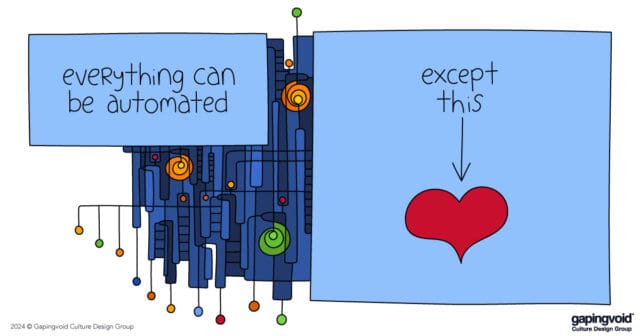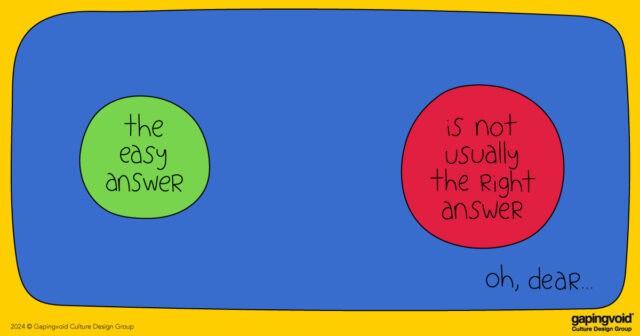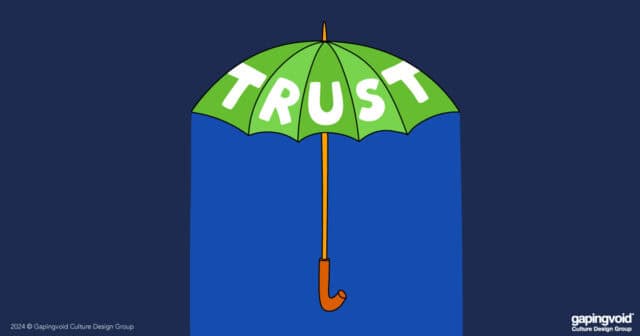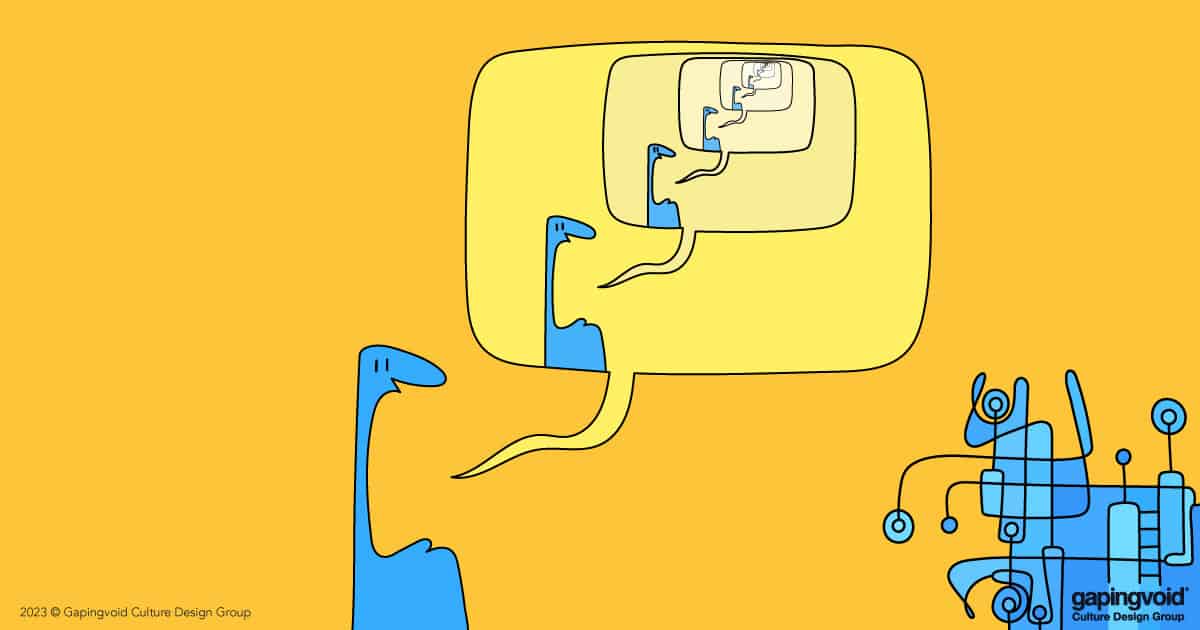
Where new people go, new ideas flow.
That’s why infrastructure has always influenced culture.
In the days of old, it shaped the flow of trade. The flow of trade drove the flow of ideas, and the flow of ideas shaped cultures around the world. Entire villages and towns were built around certain industries and trades, with their own unique, idiosyncratic cultures to match. Cue, Hershey, PA.
It’s no different in the information age. Digital infrastructure shapes the evolution of cultures.
Technologies like Zoom, LinkedIn, and even Email rewrote the rules and redefined how people work and connect with one another. Each of these tools has had significant downstream effects on culture, and a new player recently entered the mix: Artifact.
Announced by the founders of Instagram, Artifact uses an AI algorithm to curate a news feed based on your personal preferences and behavior. Something similar already fuels echo chambers on Instagram, YouTube, and other platforms. But this is the first time an algorithm like this is jumping into the realm of news.
Once upon a time, the news was purely factual. “This person went there and said that.”
Over time though, people began to crave more context, and bias started creeping in. Nevertheless, most folks still got the same news from the same newspapers, and those papers were still more or less objective.
Then the internet came around, and the choices multiplied. Couple that with pernicious algorithms that only show us what we like and perverse market incentives to bias the news, and the result is widespread media bias.
To think clearly, we need to hear both sides of issues and critique our own ideas. As Charlie Munger argues, we should be able to articulate opinions we disagree with just as well as the people who actually believe them. This is already hard to do because of human nature. Now imagine how hard it will be when we’re not just resisting our own nature, but sophisticated AI algorithms too.
The discovery of fire created new norms around how people gathered. The development of agriculture stabilized societies and led to the emergence of complex rituals and systems of meaning. The creation of roads sent trade and ideas to faraway places and blurred the barriers between different cultures and belief systems. The internet did too.
Unfortunately, this new app runs the risk of doing the opposite. We love new tech as much as the next person, but this may be a step in the wrong direction.
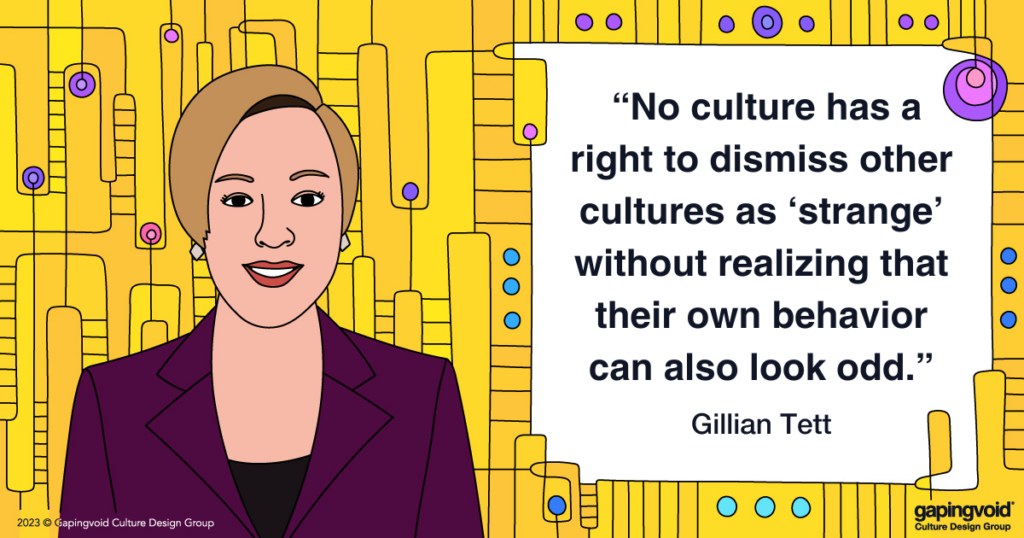
Gillian Tett (1967-) is a British journalist, author, and anthropologist, who has livened up the world of finance journalism. Her insightful reporting and engaging writing style have captivated audiences around the world. In her latest book, Anthro-Vision: A New Way to See in Business and Life, Tett shows us how embracing an anthropological perspective can deepen our understanding of the people we interact with, transforming individuals and organizations alike. Her unique ability to connect diverse fields and industries, from social anthropology to finance and business, has given us a new lens through which to view the world.

